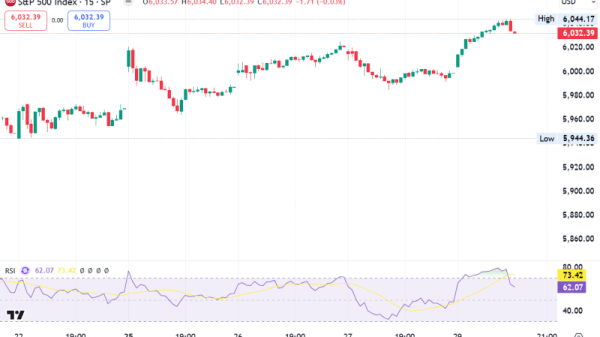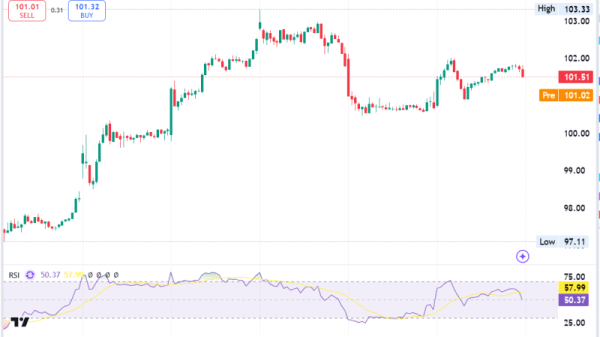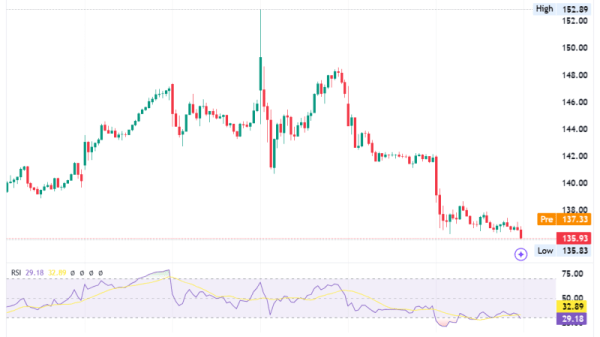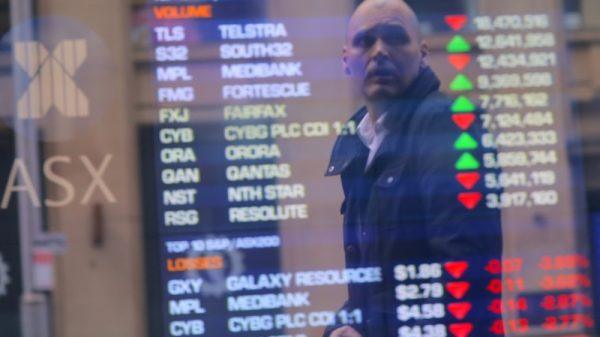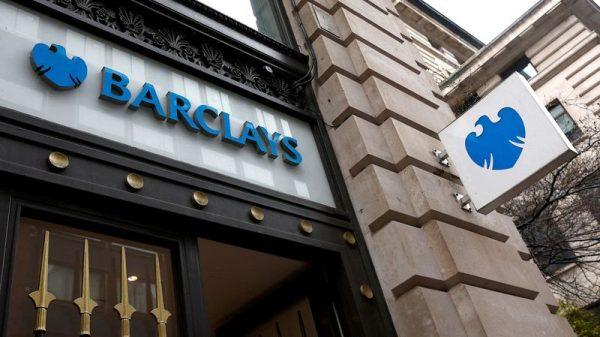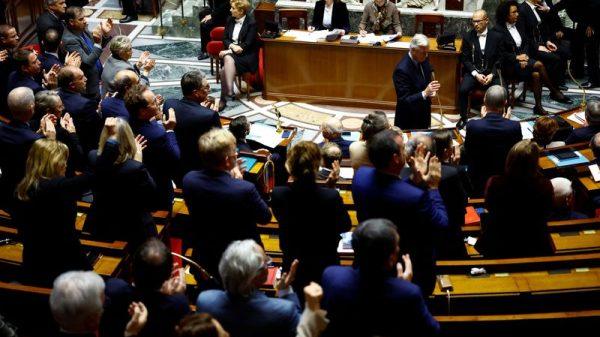By Yoruk Bahceli and Leigh Thomas
LONDON/PARIS (Reuters) – Bond investors are likely to spare France the dire financial “storm” Prime Minister Michel Barnier has warned of, but the fallout from the political crisis will hurt businesses, consumers and taxpayers.
Barnier’s government looks all but certain to fall as soon as Wednesday with Marine Le Pen’s far-right National Rally planning to topple it after a dispute over his 60 billion-euro ($63 billion) belt-tightening budget aimed at curbing a budget deficit double the European Union’s limit.
Market moves have been significant. The euro zone’s second-largest economy briefly paid higher yields on its government bonds on Monday than previously bailed-out Greece.
Its closely watched risk premium, or spread, over Germany rose to 90 basis points (bps) last week, the highest since 2012, another throwback to the bloc’s debt crisis.
All this has renewed talk of the return of bond vigilantes, who demand higher returns from governments they perceive as fiscally reckless.
Yet big investors see the latest upheaval as the next episode in a long-winded reckoning rather than a budget-driven market meltdown of the sort Britain went through in 2022.
“This is a slow burning crisis which will lead to an ongoing widening of spreads and an ongoing deterioration of sovereign creditworthiness,” said Union Investment’s head of fixed income and FX Christian Kopf.
“But for the time being, I do not see the ingredients for this to totally get out of hand and morph into an outright sovereign debt crisis,” said Kopf, who is underweight French debt.
Signalling that French markets are set for more pain first, investors expect the spread could rise to around 100 bps were Barnier’s government to collapse, spelling the end for its belt-tightening plans. That would mean investors rank France increasingly on a par with Italy.
Without Barnier’s measures, France’s Treasury has estimated the budget deficit could reach 7% of economic output next year rather than the 5% targeted.
But whether that requires an immediate rethink on the country’s debt sustainability is another matter.
French borrowing costs have dropped despite heightened uncertainty over the last two weeks, helped by European Central Bank rate cut expectations. The 10-year yield is down over 20 bps since President Emmanuel Macron called a snap election in June.
“There is no snowball effect of higher yields driving greater concerns about debt sustainability,” said Chris Jeffery, head of macro strategy at Legal & General (LON:LGEN) Investment Management, sticking to his overweight position in French bonds with much bad news priced in.
Ratings agency Standard & Poor’s left its AA- rating on France unchanged on Friday.
France’s European partners also see limited potential for a spillover of the tensions, officials told Reuters.
Italy’s risk premium has held steady over the last two weeks as France’s has risen – a far cry from a decade ago when market angst spread across the bloc’s highly indebted states.
And while the ECB’s Transmission Protection Instrument to buy bonds from countries whose debt comes under pressure through no fault of their own has increased bond market confidence, the bank is not seen stepping in soon.
“The country needs to have taken all the necessary measures for the deficit for that to be applied,” Greek central bank governor Yannis Stournaras said on Monday, ruling out an intervention for now.
PAIN AHEAD
Even if market pain looks contained for now, a government collapse would reduce the chances of any push to tackle France’s pressing fiscal problems.
“Society in France doesn’t want to accept there will be cuts to social provisions and longer retirement ages. Because of this, it does feel like it will be difficult to change the direction of travel,” said BlueBay Asset Management chief investment officer Mark Dowding.
Political uncertainty has also left businesses in retrenchment mode without clarity about tax and broader economic policy.
This could weigh on tax revenues, whose unexpected weakness was one of the main reasons France’s deficit overshot expectations this year.
“The main channel of impact is through companies by the way of investment and hiring,” said Oxford Economics senior economist Leo Barincou.
With business surveys indicating hiring intentions at their weakest since 2021, a fragile labour market could hurt consumer spending, which economists had expected to benefit from purchasing power gains from lower inflation.
However, the political crisis means there is now the risk that consumers – traditionally the driver of French growth – continue to park extra income in savings.
Even before this week’s crisis, consumer confidence was at its lowest level since Macron called the election.
French banks, a crucial source of funding for corporates, have also been hit badly. Societe Generale (OTC:SCGLY), Credit Agricole (OTC:CRARY), BNP Paribas (OTC:BNPQY) shares are down 7%-15% since Macron’s announcement.
Political instability leaves France particularly exposed just as Europe’s already sluggish economy faces a possible trade war with the United States and a Chinese slowdown.
“We’d need a solid government with its head on its shoulders and clear ideas, but we risk having no government at all,” said economist Sylvain Bersinger with French economics consultancy Asteres.
($1 = 0.9515 euros)

